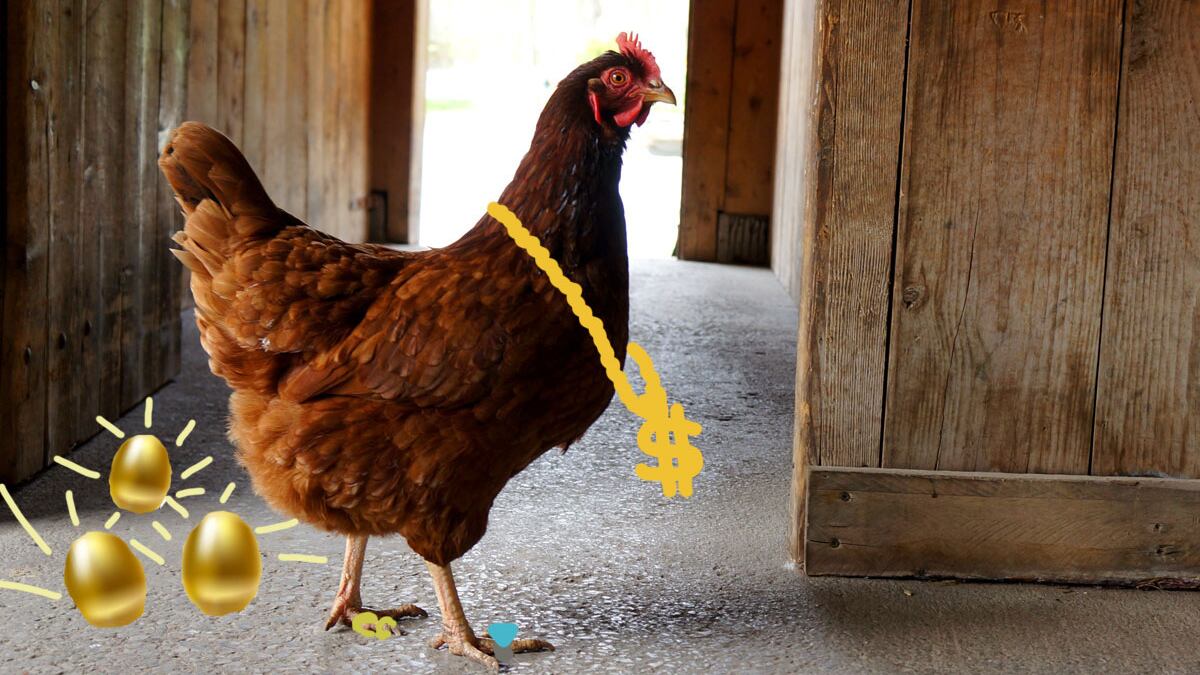Nothing says "Portland" like a backyard chicken coop.
Maybe it was the Great Recession, maybe it's our hippie roots—but starting around 2009, it became difficult to walk three blocks in the city's residential neighborhoods without spotting a yard full of clucking poultry. Last year, WW described backyard chickens as "the archetypal Portland experience."
But now Silicon Valley has discovered our feathery pets—and they're taking chickens to absurd places.
Cartons of multi-colored eggs pooped out of rare, expensive chickens who have been raised on diets of organic watermelon and steak—sometimes prepared by personal fowl-chefs—have become the designated Bay Area status symbol.
The chicken-keeping craze, according to a recent report by the Washington Post, is an outlet for computer-bound techies who want to "reconnect with nature." Fanatic fowl owners include execs and engineers at companies like Facebook, Google and Amazon.
While cooks in Facebook's cafeteria reportedly struggle to get by on $75 a week in food stamps, here's what the Valley's elite are doing to produce the bougie-est of eggs:
1. Hiring personal chefs for their chickens.
2. Bathing and blow-drying their chicken weekly.
3. Referring to chicken breeds of increasing extravagance like software updates—"Gen 1, Gen 2, Gen 3,"—and engineering spreadsheets to measure "YoY growth," productivity and chicken happiness.
4. Selecting birds with gentle behavioral traits so that they can be lap-pets for kids to cuddle (those chickens also often cost over $350).
5. Hiring "chicken whisperers" (for $225 an hour).
6. Building coops out of expensive material, like redwood, to match the human home, or purchasing pre-fab Williams-Sonoma coops that are called the "Range Rover of chicken cribs."
7. Also: putting solar panels, electrical lighting, automatic doors and video cameras on coops to check on the chicks remotely and get smartphone notifications when predators like hawks, raccoons, coyotes and/or bobcats are nearby.
8. Sharing recorded chikey-vids with friends and/or choosing the coop cam as the evening's entertainment and calling it "Hillbilly television."
9. Letting the cluckers roam the house with diapers on.

